Ever wonder how much protein is in a pound of cottage cheese? I mean, probably not, but it’s actually a question worth asking if you’re trying to hit those protein goals
Let me break it down for you: there’s about 50 to 75 grams of protein in a pound of cottage cheese, depending on the brand and fat content.
For comparison, that’s roughly the same amount of protein as:
- 8-12 eggs
- 2 large chicken breasts
- 3 scoops of typical protein powder
Cottage cheese is a protein powerhouse, and I’m going to tell you why it deserves a spot in your fridge (or at least consideration next time you’re at the grocery store).

The Protein Content of Cottage Cheese Explained
Let’s get specific about how much protein you’re actually getting when you buy cottage cheese.
A pound of cottage cheese is about 454 grams (for those who prefer the metric system). Most people eat cottage cheese in half-cup servings, which is about 113 grams.
Here’s the breakdown:
- Low-fat (1%) cottage cheese:
14g protein per half-cup → **56g per pound** - 2% fat cottage cheese:
12g protein per half-cup → **48g per pound** - Brands with added whey protein: up to 19g per half-cup → ~76g per pound
The variation comes down to fat content (higher fat = slightly less protein by weight) and whether the manufacturer adds extra whey protein.
Why Cottage Cheese Protein Is Special
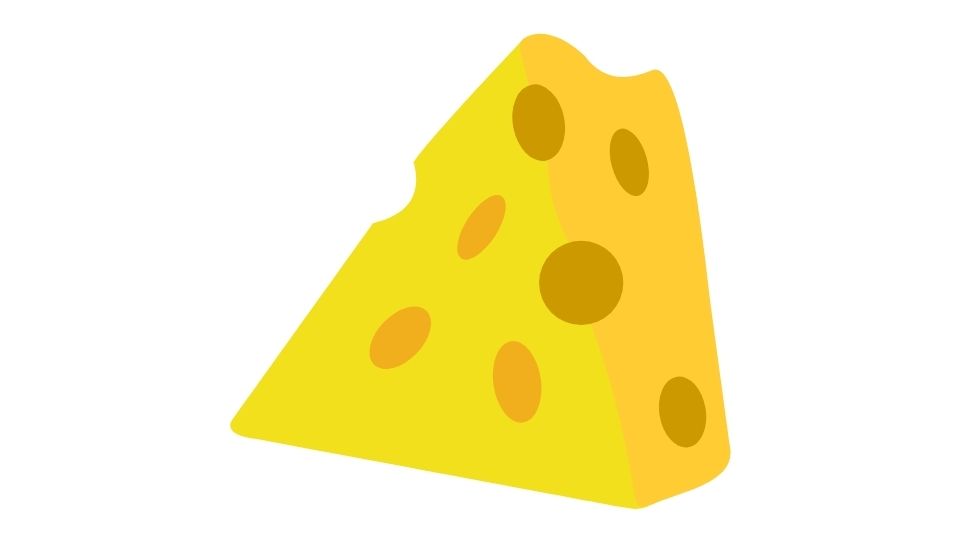
Not all protein sources are created equal, and cottage cheese has some unique advantages:
- It’s rich in casein protein – a slow-digesting protein that keeps amino acids flowing to your muscles for hours
- Contains all essential amino acids (it’s a complete protein)
- Has a protein-to-calorie ratio that’s hard to beat (over 70% of calories from protein in low-fat varieties)
- Provides calcium, phosphorus, and B12 along with the protein
Research from the Journal of Nutrition shows that casein protein is particularly effective for muscle recovery during sleep because of its slow-release properties.
How Much Cottage Cheese Should You Eat?
If you’re trying to build muscle or lose weight, protein intake matters. Most nutrition experts recommend about 0.7-1g of protein per pound of bodyweight for active individuals.
So for a 150lb person aiming for 120g of protein daily:
- One cup of cottage cheese (about 28g protein) would provide ~23% of their daily protein needs
- A pound would give them ~50% of their daily protein in one go!
Of course, I’m not suggesting you eat a pound of cottage cheese in one sitting (though I won’t judge if you do). But adding even a half-cup serving to your day can significantly boost your protein intake.
Creative Ways to Eat More Cottage Cheese
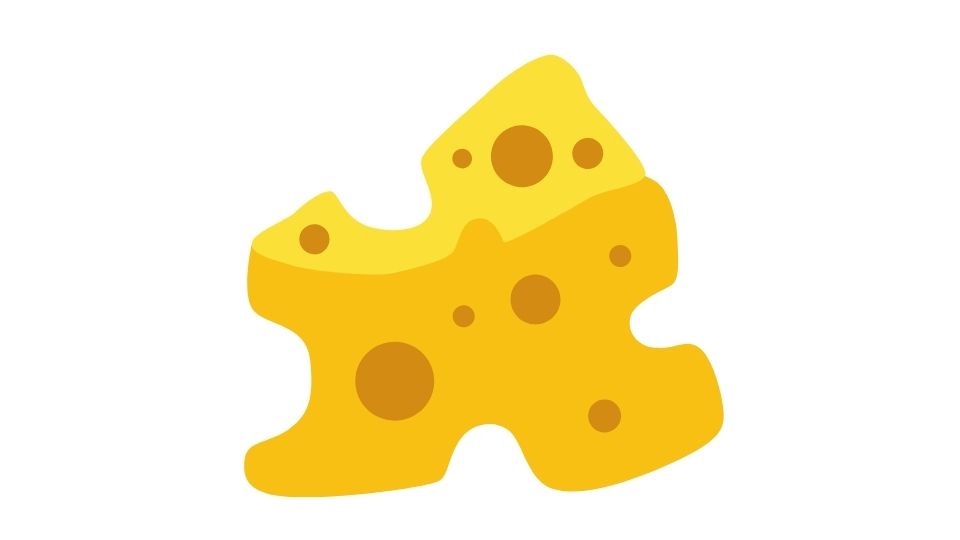
Let’s be honest – plain cottage cheese isn’t exactly a culinary delight for most people. But there are ways to make it more appealing:
- Sweet options: Mix with fruit, honey, cinnamon, or jam
- Savory options: Add salt, pepper, olive oil, and herbs
- Blend it: Add to smoothies for a protein boost (you won’t even taste it!)
- Use as a spread: Replace mayo or cream cheese on sandwiches
- Pancake power: Mix into pancake batter for protein-packed breakfast
The American Dairy Association has tons of recipes that incorporate cottage cheese in creative ways.
The Low-Carb Advantage
For those following low-carb or keto diets, cottage cheese is a game-changer. A half-cup serving only has about 4-5g of carbs, making it a keto-friendly protein source.
According to dietitians at Cleveland Clinic, cottage cheese can help satisfy hunger while keeping carb intake low, making it easier to stick to dietary goals.
Tracking Your Cottage Cheese Protein
If you’re serious about nutrition, you probably track your food intake. When adding cottage cheese to your tracker, remember to check the specific brand’s nutrition label, as protein content can vary significantly.
Most tracking apps let you search for “cottage cheese” and select the appropriate fat percentage. Or you can use meal tracking services where you just text what you ate and they do the calculations for you.
Is Cottage Cheese Better Than Greek Yogurt?
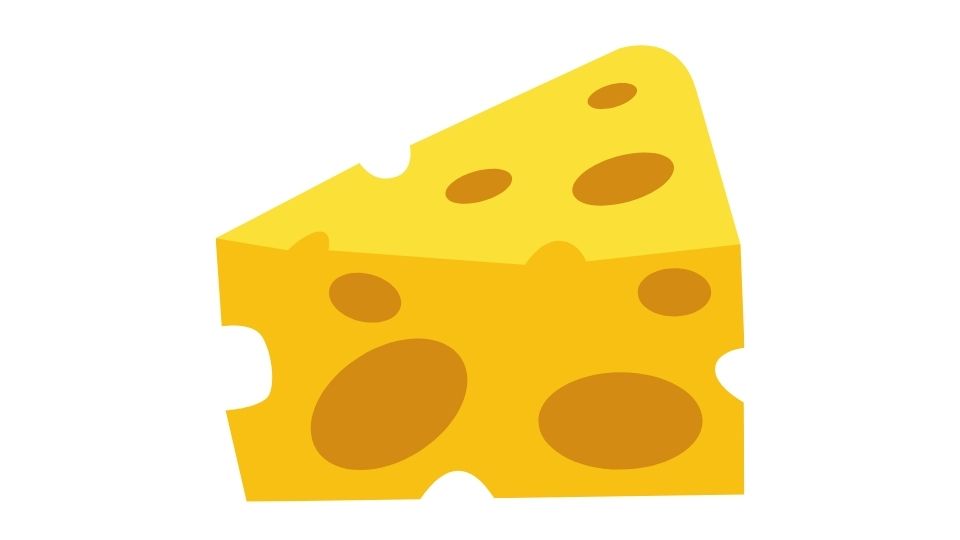
This is the dairy protein showdown people often debate. Here’s a quick comparison:
- Cottage cheese: 12-14g protein per half-cup, slow-digesting casein
- Greek yogurt: 12-17g protein per half-cup, mix of whey and casein
They’re both excellent, but cottage cheese often has slightly less sugar and that slow-digesting protein can be an advantage, especially before bed.
A study in the British Journal of Nutrition found that casein protein before sleep improved overnight muscle recovery compared to carbohydrates.
Cottage Cheese for Weight Loss
If you’re trying to lose weight, cottage cheese deserves a spot in your meal plan:
- High protein content helps preserve muscle mass during calorie restriction
- Slow digestion keeps you feeling full longer
- Low calorie density gives you a lot of food volume for relatively few calories
One cup of 1% cottage cheese has about 160 calories and 28g of protein. That’s a lot of nutritional bang for your caloric buck!
The Bottom Line
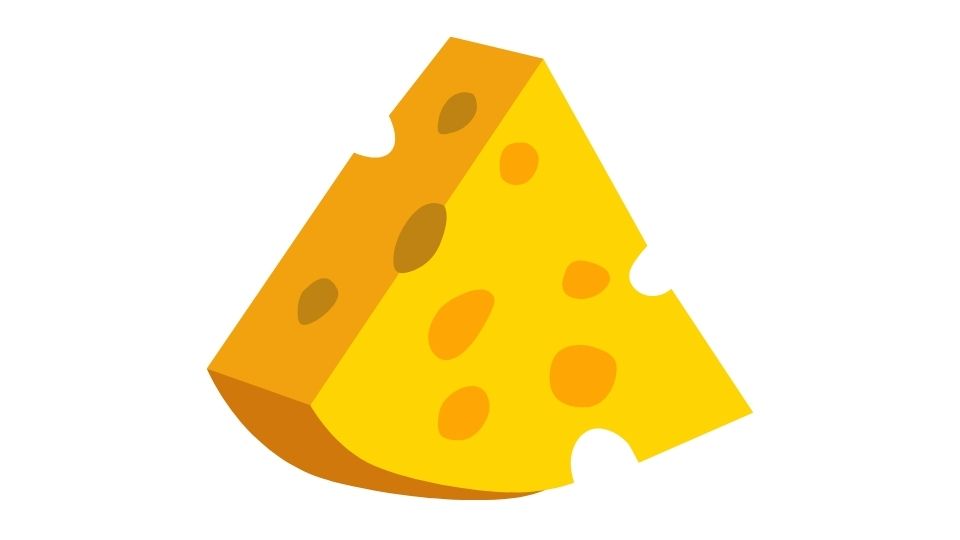
A pound of cottage cheese packs about 50-75g of high-quality protein, making it one of the most efficient protein sources available. Whether you’re building muscle, losing weight, or just trying to eat healthier, cottage cheese deserves consideration.
It’s affordable, versatile, and nutritionally dense. And unlike that protein powder that’s been sitting in your cabinet for months, it actually tastes like food!
So next time you’re at the grocery store, maybe grab a tub. Your muscles (and possibly your wallet) will thank you.



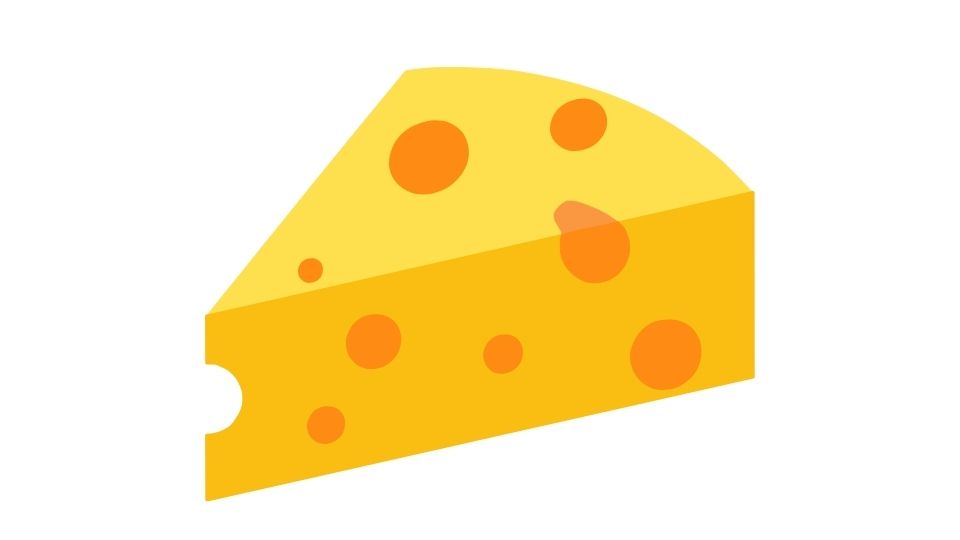
Leave a Reply